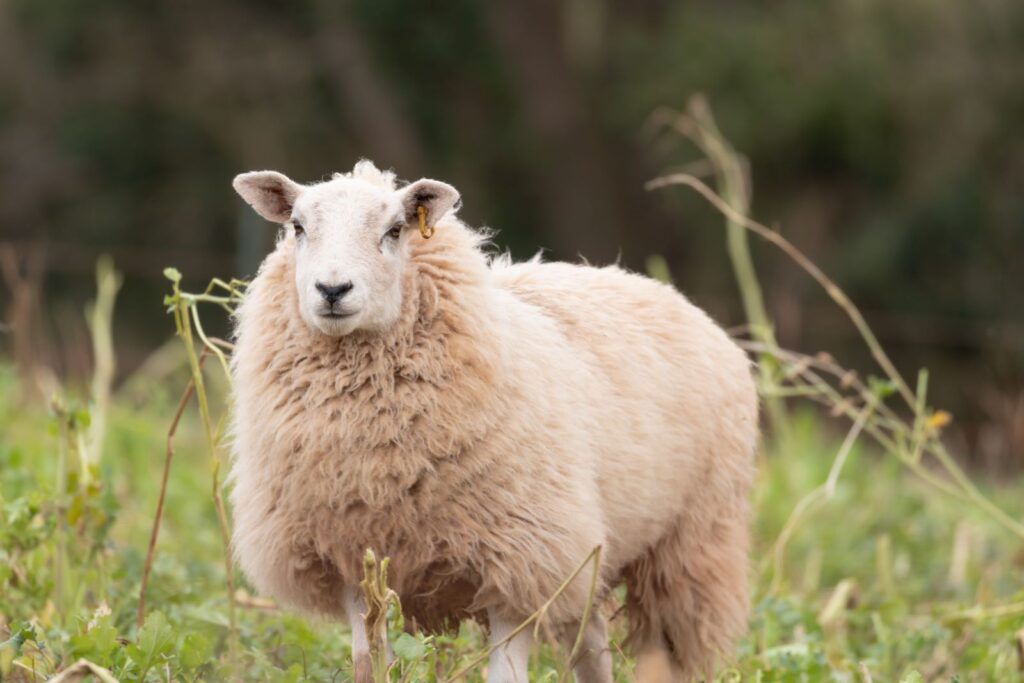Prepare now to reduce abortion risk in sheep next season
4th July 2023
Farmers are being encouraged to assess the risk of abortion in their sheep ahead of the next tupping season and work with their vet if necessary to minimise lamb losses next year.
Taking the time to reflect on this year’s lambing and testing the flock for the most common causes of abortion will pay dividends the following year, explained Kath Dun of Galedin Vets in Kelso, part of the VetPartners Group.
“Farmers should sit down and work out their 2023 lambing percentage, in comparison to the scanning percentage, and also I’d advise looking at the number of abortions you’ve had to assess whether there has been a problem.
“Then, if thought necessary, talk to your vet about developing a strategy to prevent future losses.”
In flocks that have previously lost lambs or have had poor scanning results, Ms Dunn recommends testing animals for toxoplasmosis and enzootic abortion (EAE), which are two of the main causes of ovine abortion.
If the blood testing identifies problems with EAE or toxoplasmosis in the flock, she suggests discussing the findings with the vet and working out an appropriate management strategy, which may include vaccination. There are currently two vaccines available for EAE and one for toxoplasmosis.
“Following discussion with your vet, if you make the decision to use either one or both of these vaccines, it is vital that the ewes and gimmers are vaccinated at least four weeks prior to the tups going out that next season,” she added.
Management practices can also help reduce the risk of some of the other causes of ovine abortion, such as salmonella, campylobacter, and bacillus licheniformis.
According to Ms Dun, effective strategies include ensuring good hygiene at feeding to help prevent bird contamination; cleaning out water troughs regularly; and ensuring pregnant ewes are fed the best quality and unspoiled forage available.
She also reminded farmers not to underestimate the value of submitting aborted lambs for veterinary investigation. “Prompt testing to find out the cause can help inform if any action can be taken to reduce the risk of further abortions that season,” she explained.
“For example, if salmonella or EAE is diagnosed to mitigate against further losses, I would strongly advise discussing a plan with your vet as soon as the outbreak is identified.”

